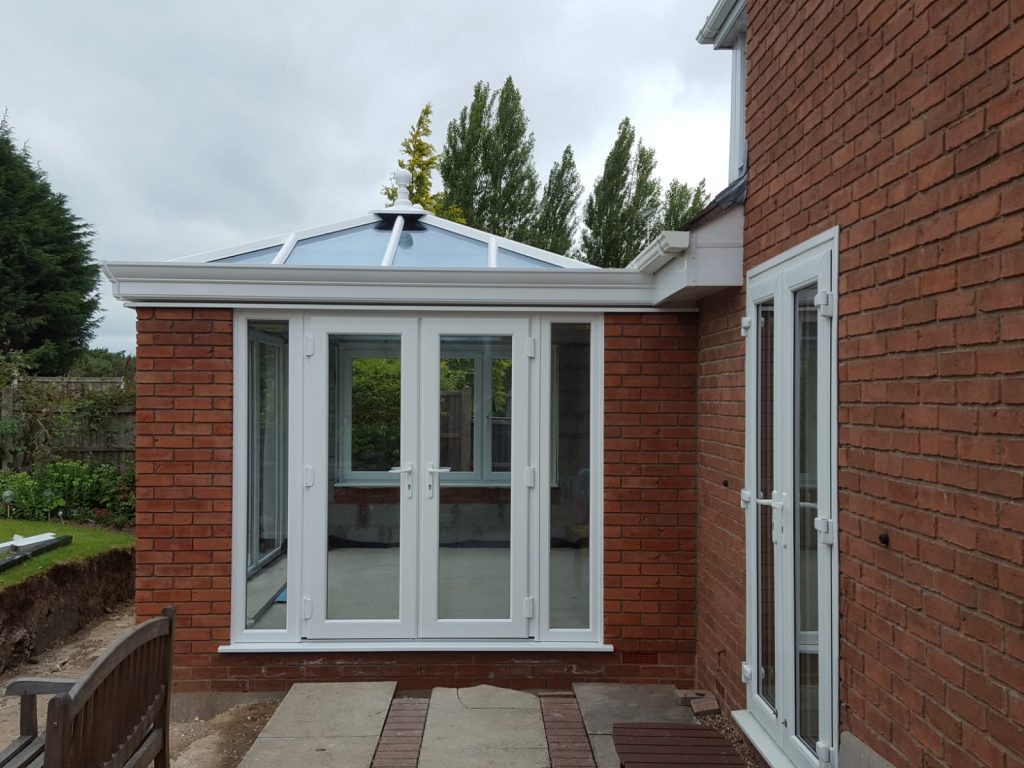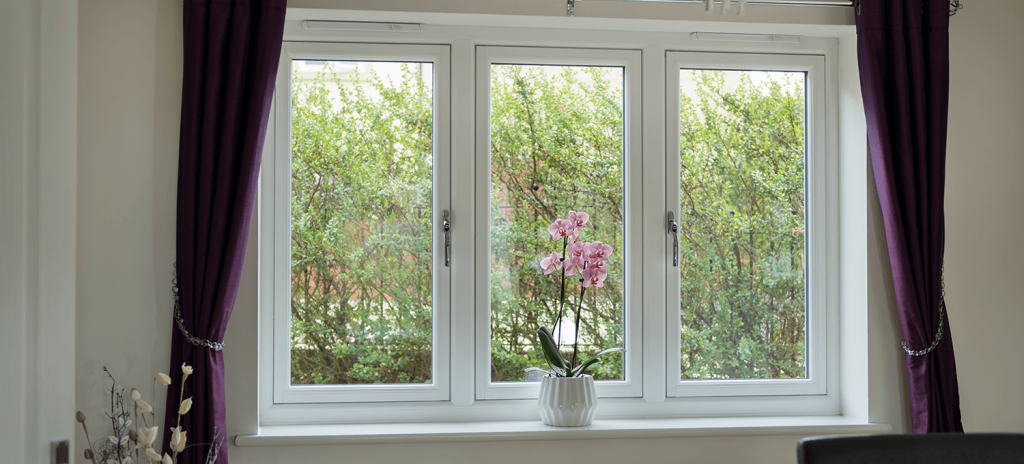We all want to feel safe and secure in our own homes and businesses. Gone are the days of leaving the front door unlocked or windows open when you pop to the shops. Doors and windows have historically performed poorly in terms of security and burglary was on an upward trend through the 1980s spurring the police to launch the Secured by Design initiative.
What is the state of security in the timber window and door industry?

There are a number of ways that doors and windows can be made more secure including the use of shutters on windows and doors, solid, heavy duty doors with multi-locking and alarm systems and Spanish style Rejas (burglar bars).
Security standards in Britain have developed erratically, primarily because of the influence of “Secured by Design” (SBD) (ACPO Crime Prevention Initiatives Limited) which was set up by police in 1989 to improve the security of buildings and car parks. However, since it is somewhat lacking the same controls and checks of other organisations responsible for upholding standards, there are other, perhaps more stringent standards.
The UK was the first country in the world to make enhancements to secure doors and windows for domestic use as a result of Secured by Design (SBD). The impact on reducing burglary was huge which resulted in Holland following suit followed by other European member states resulting in the European standard BS EN 1627:2011. However, in order to comply with PAS 24, products must be tested to EN1627 RC-30 Class RC3 with additional testing on the cylinder and letterplate as specified in PAS24:2016.
PAS 24 – what is it?
PAS 24 is the standard for fenestration and ensures enhanced security performance requirements are met for doorsets and windows in the UK.
PAS 24 sets out two alternatives for compliance:
- Meeting the requirements of EN1627 RC2 for windows and EN1627 RC3 for doorsets OR
- Meeting the requirements of the details contained in the annex of PAS24
The certification process for PAS 24 is based on a test that simulates attacks that are most commonly associated with burglary. It is important to realise that PAS 24 is a minimum standard that does not come with “grades” – products either pass or fail. This means that there are varying degrees of security among windows and doors that are PAS 24 compliant. Many manufacturers opt to produce windows to the minimum standard for economic reasons, George Barnsdale designs its products to offer much higher levels of security than standard.
PAS 24 started out as a test for single leaf doorsets, but is now used to test almost all types of doors, and the most recent version PAS 24:2016 has been extended to include sliding doors, composite doors and bi-fold doors. PAS 24 is a test on the entire doorset, the door, frame and locks, not the individual component parts. Any changes to the components used on doors or windows must be approved by the accreditation authority in order to maintain standards.
Other standards include:
- STS 201 Issue 5:2013
- LPS 1175 Issue 7:2010 security rating 2
- STS 202 Issue 3:2011 burglary rating 2
- LPS 2081 Issue 1:2015 rating B
Testing to EN1627 has a number of advantages including the different ratings that can give the level of security required and the fact that the products can be CE tested. The RC3 test for doors is a tougher test than the normal PAS24 test which is challenging for manufacturers but good news for consumers.
Part Q of the Building Regulations requires compliance to PAS24 for “new dwellings only; this includes dwellings formed by a material change of use”, for example a barn conversion.
Appendix A states:
Secure doorset
either:
- A doorset that is proven to resist physical attack by a casual or opportunist burglar, or
- A bespoke doorset incorporating construction features that are proven to reduce crime
Secure window
either:
- A window that is proven to resist criminal attack or
- A bespoke window incorporating construction features that are proven to reduce crime
Appendix B does allow for non standard bespoke timber doorsets to be untested but the use of this is ambiguous and the guidance for windows is even more opaque. Part Q usually applies to “ground floor, basement and other easily accessible windows”.
 What specific tests are required for PAS 24?
What specific tests are required for PAS 24?
Products must be tested by a UKAS accredited laboratory (included in the tests is BS6795 parts 1 and 2) and the manufacturer needs to operate under a UKAS accredited scheme for example Bluesky and bmtrada. George Barnsdale has test data from various different test laboratories and Bluesky Certification for a wide range of products.
A few points to remember when considering security of windows and doors:
- Despite all the efforts manufacturers and monitoring bodies go to, despite being tested, it doesn’t mean a product cannot be broken into.
- The requirements for glass in PAS 24 are one pane of 6.8mm glass. Most other tests require a more secure glass specification.
- When considering security, a means of escape also needs thought. For example, if a door is controlled by electriconic means and has to be used as an escape door, it must incorporate a fail safe to allow escape.
- Developing a sliding sash window to pass the test is difficult. Most manufacturers resort to unsightly steelwork and other forms of reinforcement. (George Barnsdale’s sliding sash windows manage to retain the original aesthetic but perform extremely well in security tests).
